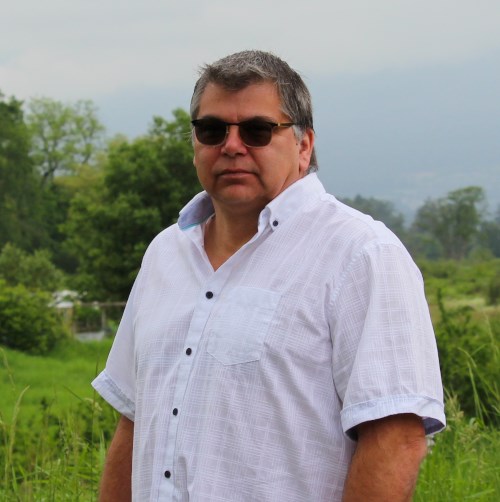As we observe the National Day for Truth and Reconciliation on Sept. 30, we reflect on the profound impact of colonialism and the ongoing journey toward healing within our communities.
This day serves as a vital reminder of the history that has shaped our identities and the importance of acknowledging the truths that remain unspoken.
At kwikwəƛ̓əm First Nation, we honour the memories of those lost to the residential school system, including one of our band members.
We recognize the enduring trauma experienced by survivors and their families.
The legacy of these institutions continues to affect our community, but we are committed to breaking the cycle of pain through education, understanding and dialogue.
We believe that reconciliation is not merely a one-day event but an ongoing process that requires meaningful engagement between Indigenous and non-Indigenous communities.
It involves listening to the stories of survivors, amplifying their voices and ensuring that their experiences are integrated into the fabric of our society.
As we navigate this path, we invite all members of the Tri-Cities community to join us in fostering a culture of respect and empathy.
By working together, we can dismantle the barriers of misunderstanding and build bridges of connection.
On this National Day for Truth and Reconciliation, let us commit to actions that honour the past, celebrate the resilience of Indigenous peoples and work toward a future built on mutual respect and understanding.
Together, we can create a society where all voices are heard and valued.
Hayčxwq̓ə (thank you).
Ronald Giesbrecht, chief
kwikwəƛəm First Nation
George Chaffee, councillor
kwikwəƛəm First Nation
John Peters, councillor
kwikwəƛəm First Nation





